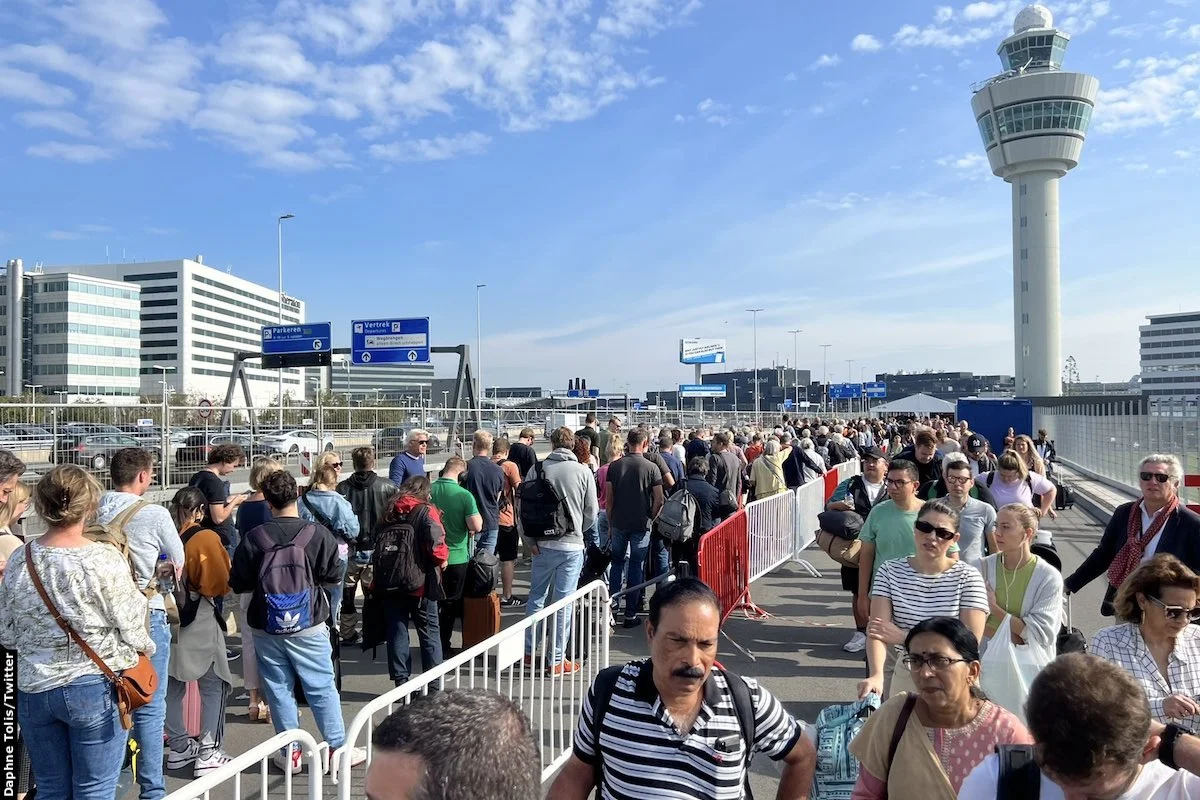The International Monetary Fund (IMF) has revised its global economic growth forecast for this year to 3%, a 0.2% improvement from its previous April forecast. The upgrade is attributed in part to increased post-pandemic travel, as well as a robust jobs market and services sector.
However, the IMF also warned about risks posed by soaring consumer prices and higher interest rates in developed nations. It identified China’s economic recovery as one of the biggest risks on the horizon.
IMF’s Chief Economist, Pierre-Olivier Gourinchas, highlighted the “strong resilience” in demand for services, travel, and tourism in the first quarter of 2023. “Those countries [that] are tourist destinations have done relatively well. Those countries [that] are more manufacturing hubs have done maybe a little bit less strongly.” Meanwhile, global air traffic in May reached 96.1% of pre-COVID levels, according to the International Air Transport Association.
Although, IMF expressed concerns for countries heavily reliant on tourism, particularly in southern Europe, that have shown limited room for further recovery due to challenges like wildfires.
Emerging economies like China and India are expected to experience faster growth this year, while advanced economies, including Europe and the United States, are projected to grow at a slower pace.
The United Kingdom saw a significant upgrade in growth since April’s forecasts, with the IMF confirming expectations of 0.4% growth instead of a 0.3% decline. However, the UK’s growth remains the second slowest among major G7 economies, with only Germany facing a worse contraction at 0.3%.
Higher consumer prices have already pushed Germany into recession, leading to reduced consumer spending. Gourinchas urged central banks to take measures to control inflation and bring down consumer prices.
Central banks, including the US Federal Reserve, Bank of England, and European Central Bank, have been raising interest rates to curb inflation and cool down the economy. This has resulted in interest rates reaching levels not seen since before the 2008 global financial crisis. Both the US and European Central Banks are expected to raise borrowing costs again this week.
The IMF cautions that ongoing debt issues in China’s property market, the conflict in Ukraine, inflation, and higher borrowing costs are significant challenges facing the global economy. Although the outlook is more positive, global economic growth remains below the pre-pandemic average of 3.8% seen in 2000 and 2019.












